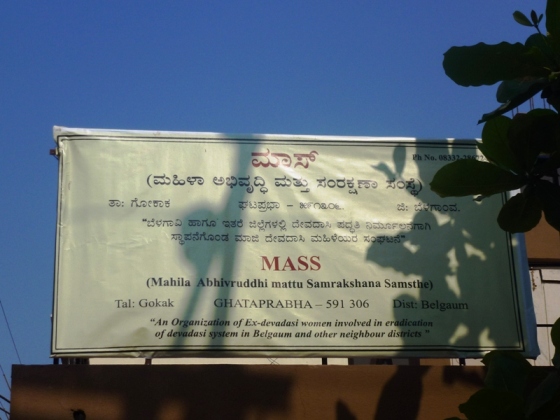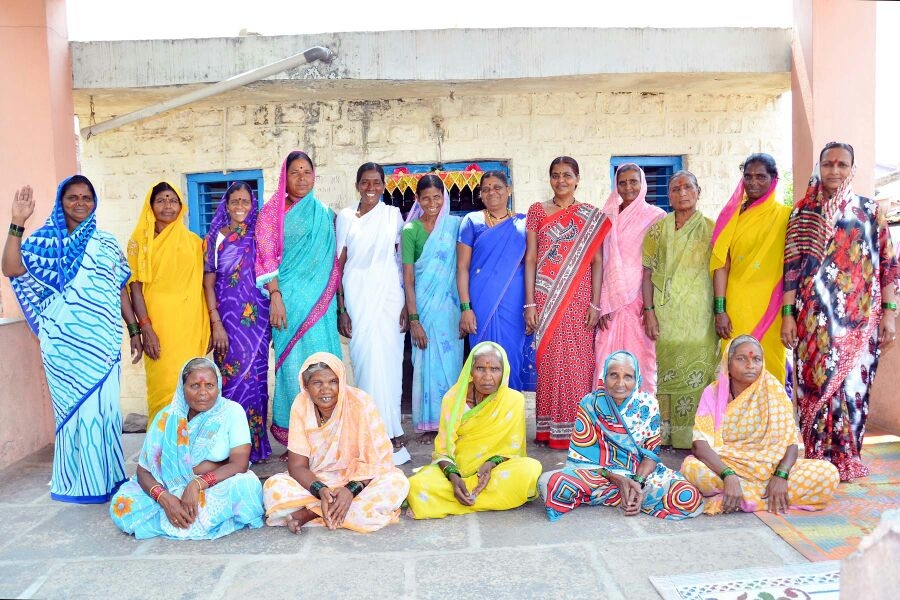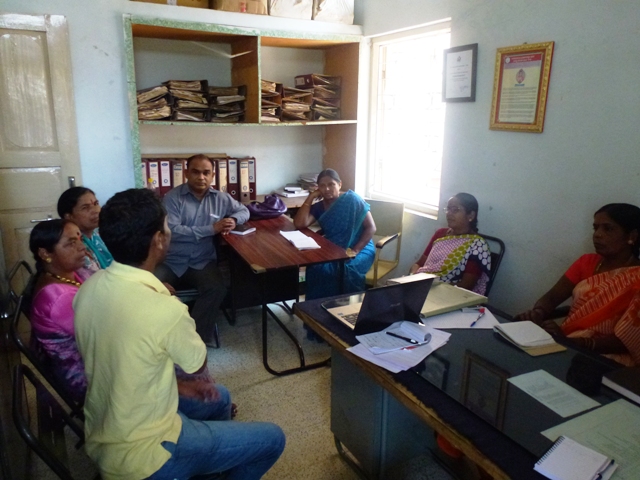Empowering Women in India: Is it just another slogan?
May 14, 2014

“Empowering women to participate fully in economic life across all sectors is essential to build stronger economies, achieve internationally agreed goals for development and sustainability, and improve the quality of life for women, men, families and communities.” – UN WOMEN
Few people will argue about the importance of women empowerment, and its positive impact in society and economy, but what is the gap between studies and speeches and what’s really happening on the ground?
The election scene in India brought up new discussions about women's rights like safety, work, health, education and so on. Candidates do not want to miss half of the electorate (numbers are not out yet, but the female segment of voters should reach 45% to 50% this election).
We have seen the distribution of “goodies” aimed to ladies, and promises of change in some fortunate and unfortunate speeches addressing women empowerment, but few debates went to the depth that theme requires, even given the fact that India is still one of most women-hostile nations.
The purpose of this post is not a political one and I do not hold enough information to judge on the existing policies in place in India to empower women neither the promises of these candidates, but what I’ve come to realize more and more, not only in India but all over the world, is that the biggest power of change resides in each one of us.
This fellowship in India is giving me the opportunity to meet several people and organizations who, on the ground, are doing their part and making changes even when politics and laws are there but are inefficient. This is the case of MASS (Mahila Abhivrudhi Maththu Samrakshana Samsthe), a recent (sub) partner of Kiva Field Partner Micrograam.
MASS is a society for and run by former Devadasis in Belgaum district, Karnataka. Devadasi means “Servant of God(ess)." Traditionally, a Devadasi is a girl dedicated to the worship and service of a deity or a temple for the rest of her life (they “marry” God and cannot “re”-marry), but the system is believed to have allegedly become illegal prostitution, also named as “slavery”, leading women to miserable lives, especially when they are no longer attractive and of use to their “patrons”. The devadasi system was outlawed in India in 1988, but even today this practice is prevalent in south India.
Since 1987 MASS has been working on the eradication of devadasi system and child marriage by empowering exploited women and young girls under the guise of the devadasi practice. MASS manages awareness campaigns, gives education support, runs self employment programs and subsidies, and provides micro business loans. They were able to fully eradicate the devadasi system in Belgaum and are working in other districts both to prevent this practice as well as supporting devadasi who opt to get out of the system.
Kiva lenders can now invest in these women businesses, and thus empowering them to self sufficiency here.
MASS is just an example among millions of people and organizations that make changes every day and take jargons to action with or without the support of the political scene.
Are you using your power of change?
More Kiva loans in India from MicroGraam can be found here.
 Former Devadasi Group “Ambedkar Mahila Swasahay Sangh” requesting a loan from Kiva – photo by MASS
Former Devadasi Group “Ambedkar Mahila Swasahay Sangh” requesting a loan from Kiva – photo by MASS Shivappa from MicroGraam training MASS staff on Kiva policies
Shivappa from MicroGraam training MASS staff on Kiva policies













